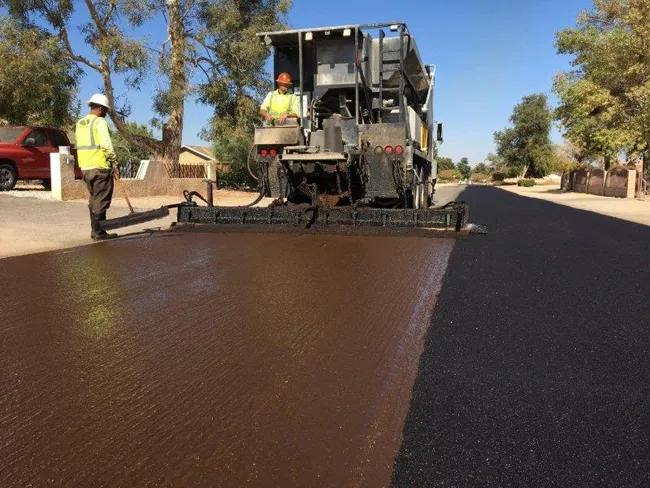Carsten Karcher has been appointed secretary general of the
Karcher had been director of EAPA since 2013 and takes over from Egbert Beuving who retired as secretary general at the end of last year.
Beuving will continue within EAPA as chairman of the organising committee of the Eurasphalt & Eurobitume Congress 2020 in Madrid and will remain as convenor of CEN TC227 WG1 for a several more years.
Meanwhile, Breixo Gómez-Meijide, who joined EAPA in October last year as Technical director, is now secretary of the EAPA Technical Committee. He will contribute to the European standardisation processes in CEN committees related to asphalt. He will collect and prepare relevant information for members, including preparation of position papers, Asphalt in Figures presentations, guidelines and documents.
Gomez-Meijide will also work alongside Karcher to help organise Eurasphalt & Eurobitume Congresses and events in the technical programme committee.
EAPA, with 40 members and associated members, represents most of the European asphalt pavement industry engaged in asphalt production, road construction and maintenance.
Carsten Karcher heads up the European Asphalt Pavement Association
Carsten Karcher has been appointed secretary general of the European Asphalt Pavement Association (EAPA), based in Brussels.
Karcher had been director of EAPA since 2013 and takes over from Egbert Beuving who retired as secretary general at the end of last year.
Beuving will continue within EAPA as chairman of the organising committee of the Eurasphalt & Eurobitume Congress 2020 in Madrid and will remain as convenor of CEN TC227 WG1 for a several more years.
Meanwhile, Breixo Gómez-Meijide, who joi
January 16, 2019
Read time: 2 mins







